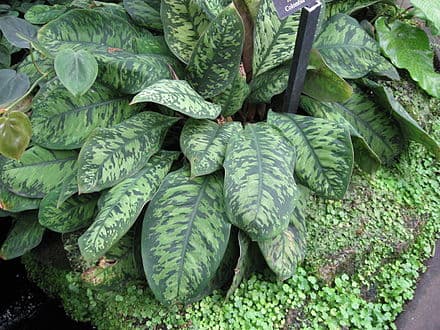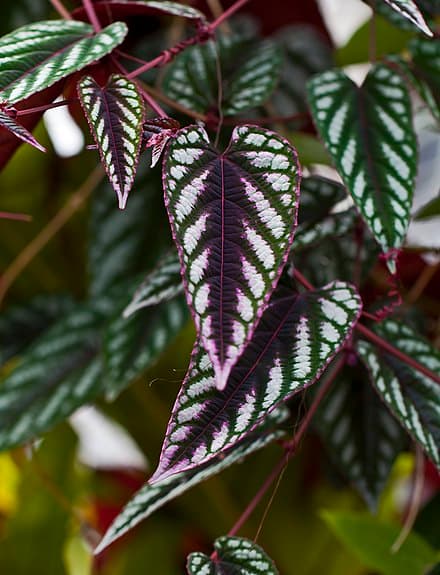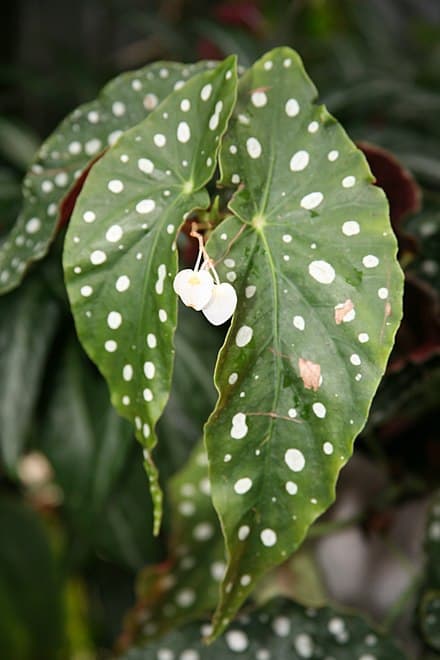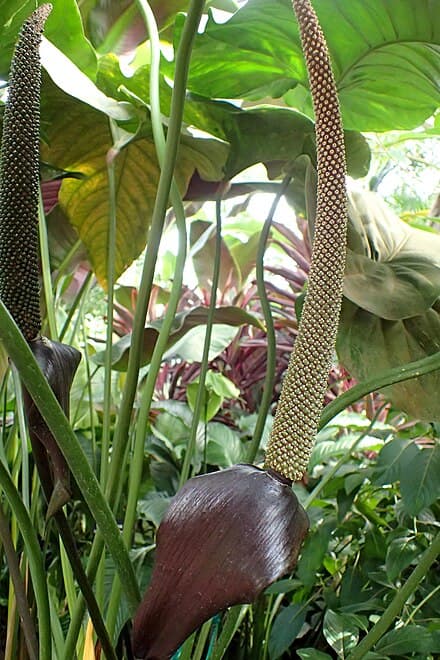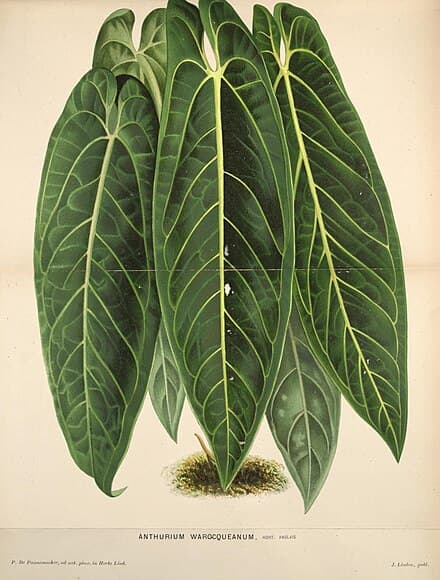Anthurium bakeri image • Photo: Author .mw-parser-output .commons-creator-table{background-color:#f0f0ff;box-sizing:border-box;font-size:95%;text-align:start;color:inherit}.mw-parser-output .commons-creator-table>tbody>tr{vertical-align:top}.mw-parser-output .commons-creator-table>tbody>tr>th{background-color:var(--background-color-neutral,#e0e0ee);font-weight:bold;text-align:start;color:inherit}.mw-parser-output .mw-collapsible-toggle-expanded.mw-collapsible-arrowtoggle,.mw-parser-output .mw-collapsible-toggle-expanded .mw-collapsible-arrowtoggle{padding-left:20px!important;background-image:url("https://upload.wikimedia.org/wikipedia/commons/1/10/MediaWiki_Vector_skin_action_arrow.png");background-repeat:no-repeat;background-position:left center}.mw-parser-output .mw-collapsible-toggle-collapsed.mw-collapsible-arrowtoggle,.mw-parser-output .mw-collapsible-toggle-collapsed .mw-collapsible-arrowtoggle{padding-left:20px!important;background-repeat:no-repeat}.mw-parser-output .commons-creator-table[dir="ltr"] .mw-collapsible-toggle-collapsed.mw-collapsible-arrowtoggle,.mw-parser-output .commons-creator-table[dir="ltr"] .mw-collapsible-toggle-collapsed .mw-collapsible-arrowtoggle{background-image:url("https://upload.wikimedia.org/wikipedia/commons/4/41/MediaWiki_Vector_skin_right_arrow.png");background-position:left center}.mw-parser-output .commons-creator-table[dir="rtl"] .mw-collapsible-toggle-collapsed.mw-collapsible-arrowtoggle,.mw-parser-output .commons-creator-table[dir="rtl"] .mw-collapsible-toggle-collapsed .mw-collapsible-arrowtoggle{background-image:url("https://upload.wikimedia.org/wikipedia/commons/1/1e/MediaWiki_Vector_skin_left_arrow.png");background-position:right center}@media(max-width:719px){.mw-parser-output .commons-creator-table,.mw-parser-output .commons-creator-table>tbody{box-sizing:border-box;display:block;width:100%}.mw-parser-output .commons-creator-table>tbody{border-right:1px solid var(--border-color-base,#aaa);border-bottom:1px solid var(--border-color-base,#aaa)}.mw-parser-output .commons-creator-table>tbody>tr{border-top:1px solid var(--border-color-base,#aaa);display:flex;flex-wrap:wrap}.mw-parser-output .commons-creator-table>tbody>tr>th{border-left:1px solid var(--border-color-base,#aaa);padding:2px;flex:1 1 100%}.mw-parser-output .commons-creator-table>tbody>tr>td{border-left:1px solid var(--border-color-base,#aaa);padding:2px;flex:1 1}}@media(min-width:720px){.mw-parser-output .commons-creator-table{border:1px solid var(--border-color-base,#aaa);border-collapse:collapse;border-spacing:0;padding:5px}.mw-parser-output .commons-creator-table>tbody>tr>th,.mw-parser-output .commons-creator-table>tbody>tr>td{border:1px solid var(--border-color-base,#aaa);padding:2px}.mw-parser-output .commons-creator-table>tbody>tr>.halfwidth{max-width:10em}.mw-parser-output .commons-creator-table>tbody>tr>.fullwidth{max-width:20em}}@media screen{html.skin-theme-clientpref-night .mw-parser-output .commons-creator-table{background-color:#0c0b19}}@media screen and (prefers-color-scheme:dark){html.skin-theme-clientpref-os .mw-parser-output .commons-creator-table{background-color:#0c0b19}} Diego Delso (1974–) Alternative names Poco a poco Description Spanish free-license photographer and Wikimedian Date of birth 19 May 1974 Location of birth Alicante Authority file : Q28147777 creator QS:P170,Q28147777 Poco a pocoSpanish free-license photographer and Wikimedian 19 May 1974 Alicante : Q28147777• CC BY-SA 3.0
A semi-epiphytic tropical plant with long, strappy leaves that grow in a rosette pattern. Features leathery, lance-shaped foliage with prominent midribs and slightly wavy margins. Produces bright red spathes surrounding a yellow or white spadix, characteristic of the Araceae family. Known for its ornamental appeal as a houseplant due to its striking flowers and epiphytic growth habit.
Plant Care Overview
Buy this plant online:
Care Guide
Essential requirements for your Anthurium bakeri
Light Requirements
Bright, indirect light
Light conditions can affect leaf color and growth rate. Adjust placement as needed based on your plant's response.
Watering Schedule
When top 1-2 inches of soil are dry
Humidity Needs
high humidity
Always check soil moisture before watering. Adjust frequency based on your home's conditions.
Temperature Range
65-80°F (18-27°C)
Native Climate
Native to Tropical regions from Mexico through Central America to northwestern South America
Keep away from drafts, heaters, and air conditioners which can stress your plant.
Soil Type
Well-draining epiphytic mix (orchid bark, perlite, sphagnum moss)
Fertilizer
Balanced houseplant fertilizer during growing season
Consider repotting every 1-2 years to refresh soil nutrients and accommodate growth.
Propagation
Methods to grow more Anthurium bakeri plants
Division of offsets or stem cuttings with aerial roots
Plant Info
Characteristics and background information
Tropical regions from Mexico through Central America to northwestern South America
moderate
1-2 feet tall and wide
perennial
Symptoms: Oral irritation, pain and swelling of mouth, tongue and lips, excessive drooling, vomiting, difficulty swallowing
Toxic parts: All parts contain insoluble calcium oxalate crystals
Indoor Blooming
This plant can produce flowers indoors when given proper care.
Bloom Season
Year-round under optimal conditions
Flower Description
Bright red waxy spathe surrounding a yellow or white finger-like spadix. Flowers last 6-8 weeks.
Fun Fact
The bright red 'flower' is actually a modified leaf (spathe) that protects the true flowers on the spadix.
Troubleshooting
Solutions for typical issues with your Anthurium bakeri
Fine webbing on leaves, yellow stippling on foliage
Yellowing leaves, mushy stems, foul odor from soil
Brown or black spots with yellow halos on leaves
Community Tips
Advice shared by other plant enthusiasts
No tips shared yet. Be the first to share your experience!
(Coming soon)
Care Guides
Detailed guides for caring for your Anthurium bakeri
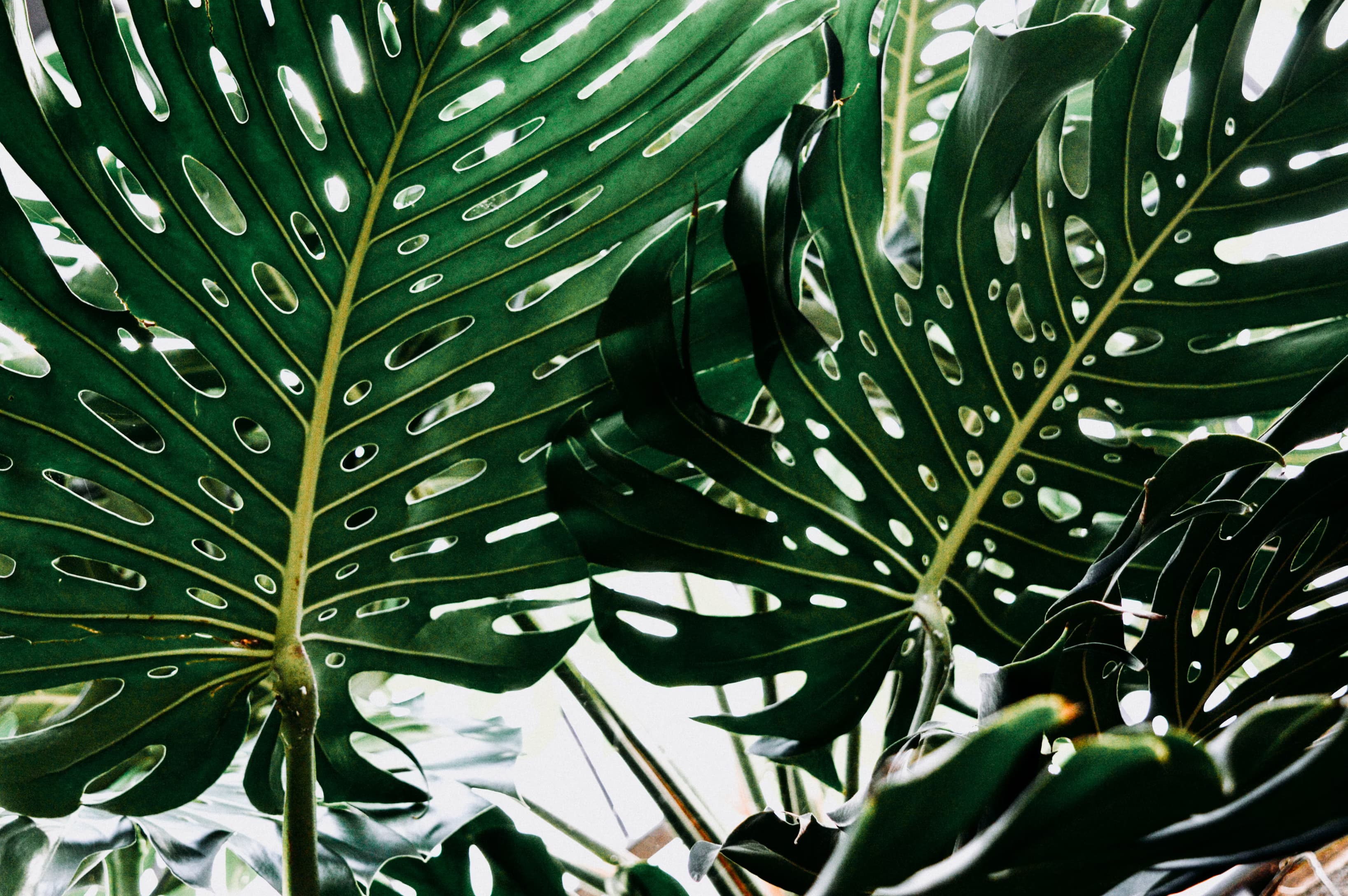
Humidity Lovers Plants Care Guide
Learn how to care for humidity lovers plants like your Anthurium bakeri
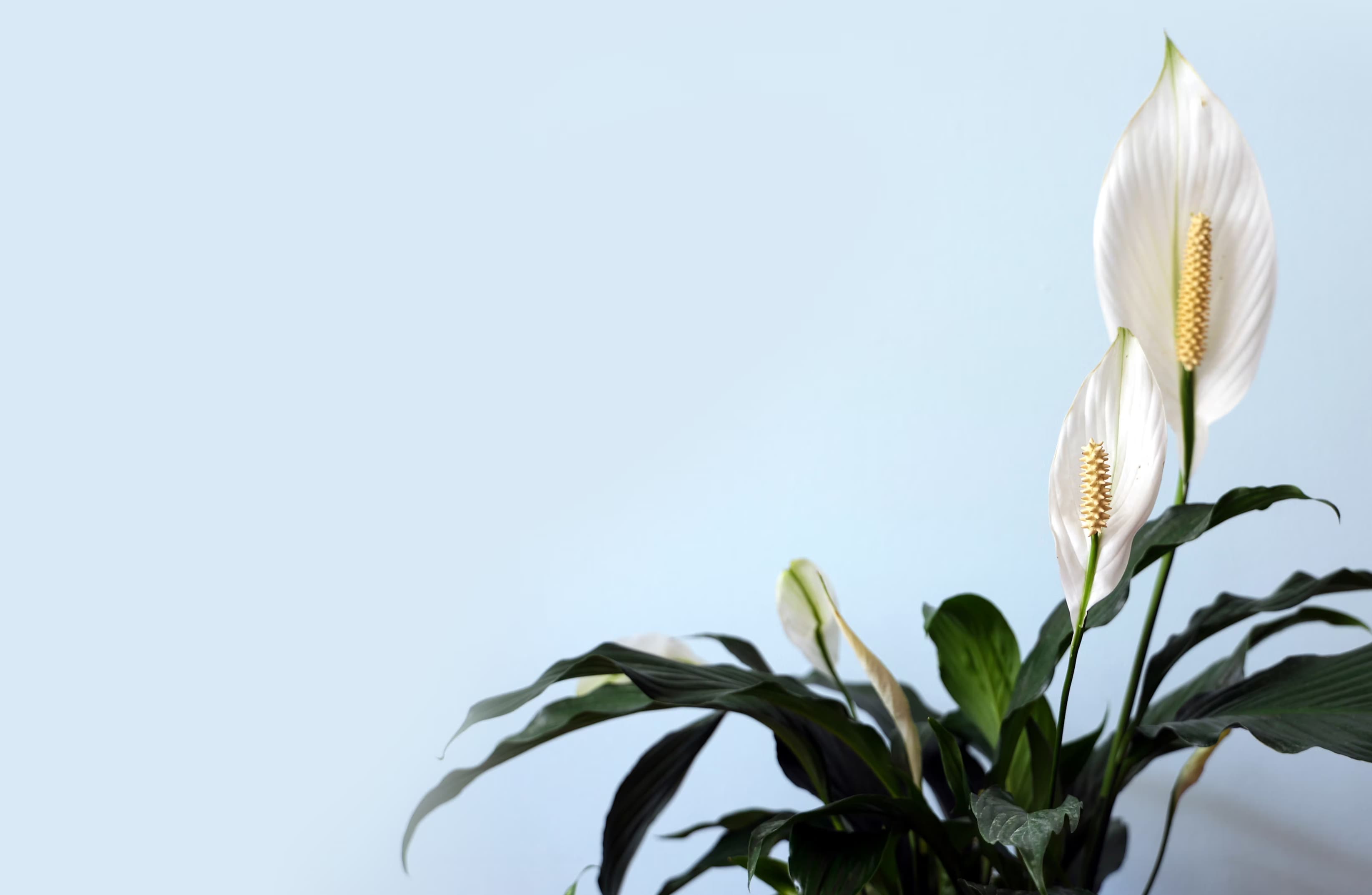
Flowering Plants Plants Care Guide
Learn how to care for flowering plants plants like your Anthurium bakeri
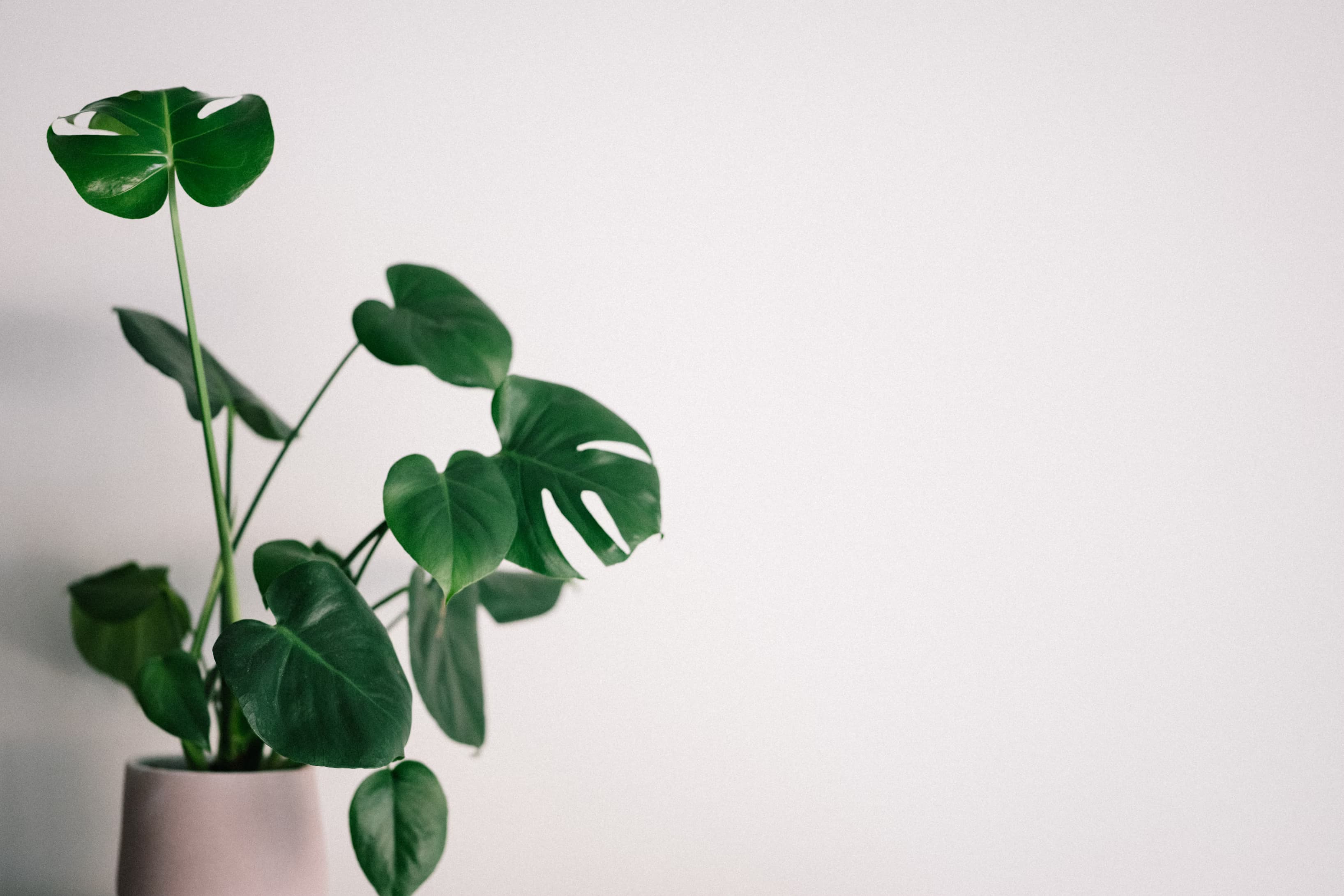
Foliage Plants Plants Care Guide
Learn how to care for foliage plants plants like your Anthurium bakeri
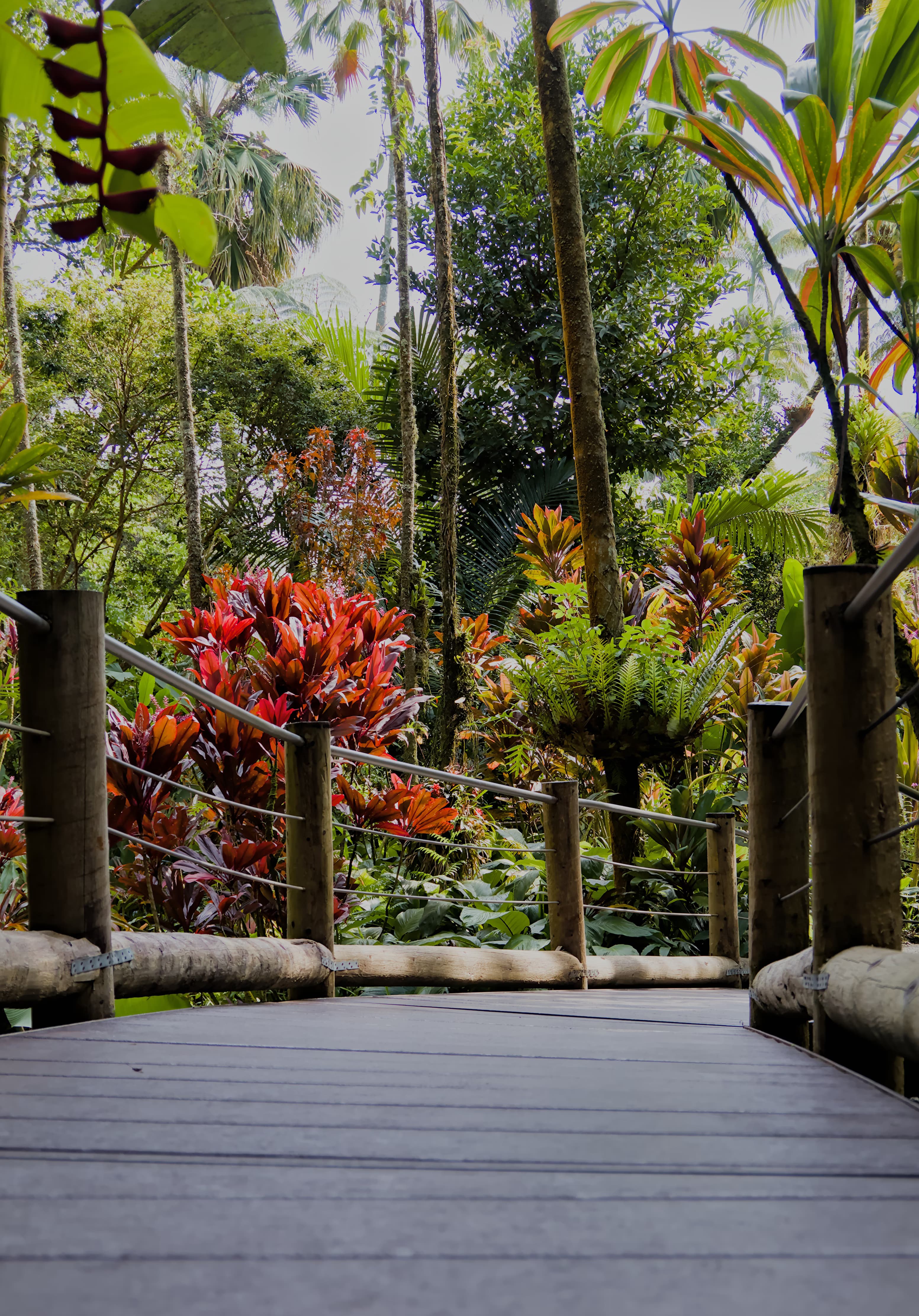
Tropical Plants Plants Care Guide
Learn how to care for tropical plants plants like your Anthurium bakeri
Related Plants
Similar plants that might interest you
Nurseries Near You
Find Where to Buy Anthurium bakeri
Discover local nurseries near you that may carry this plant. We'll show you store ratings, hours, and directions.
